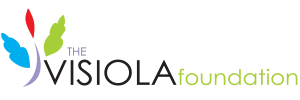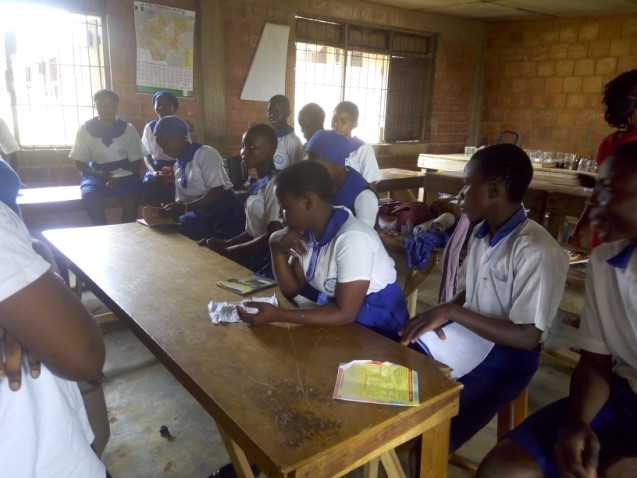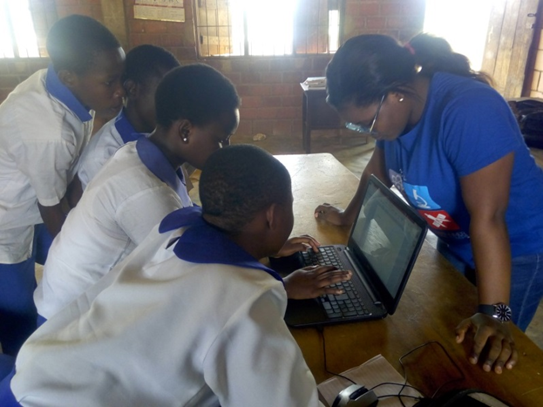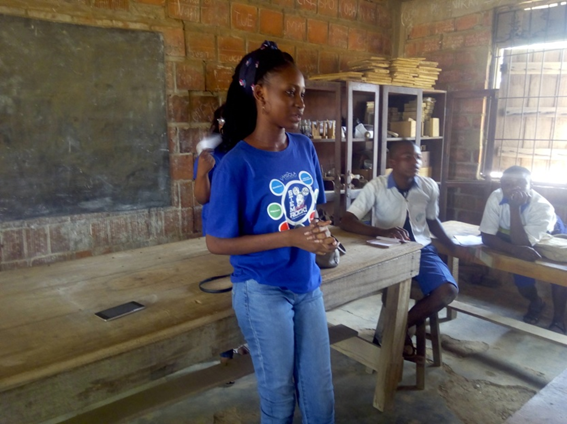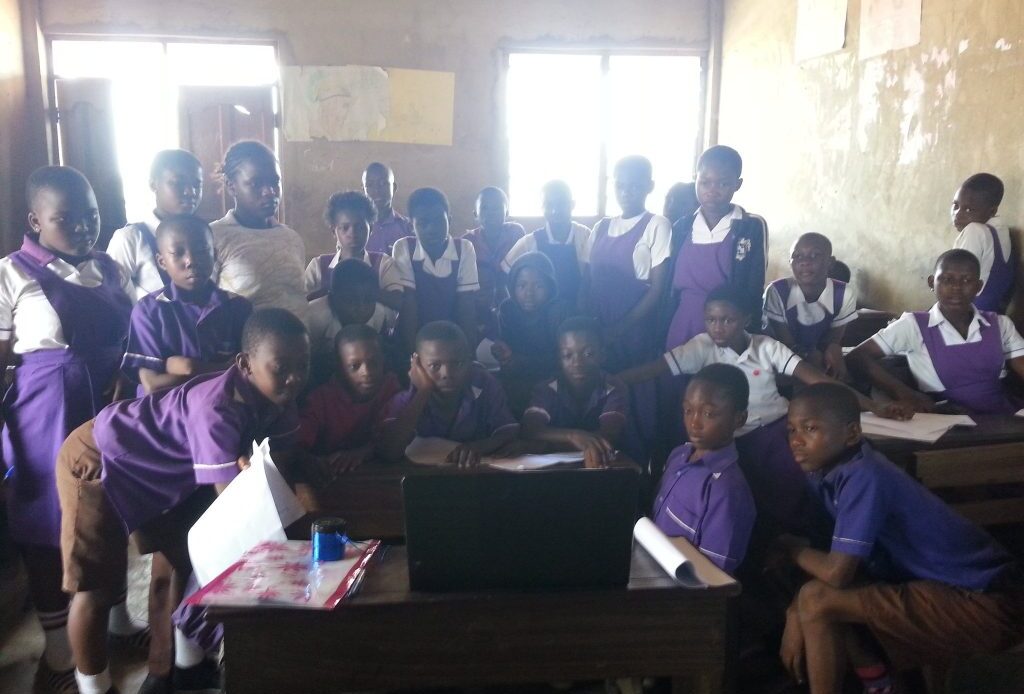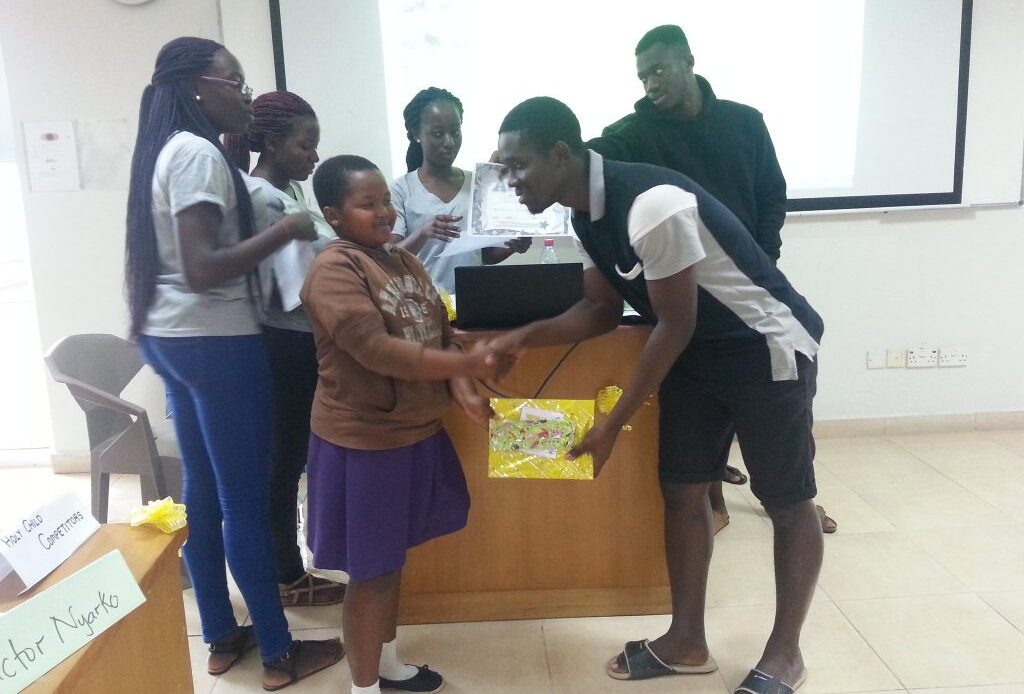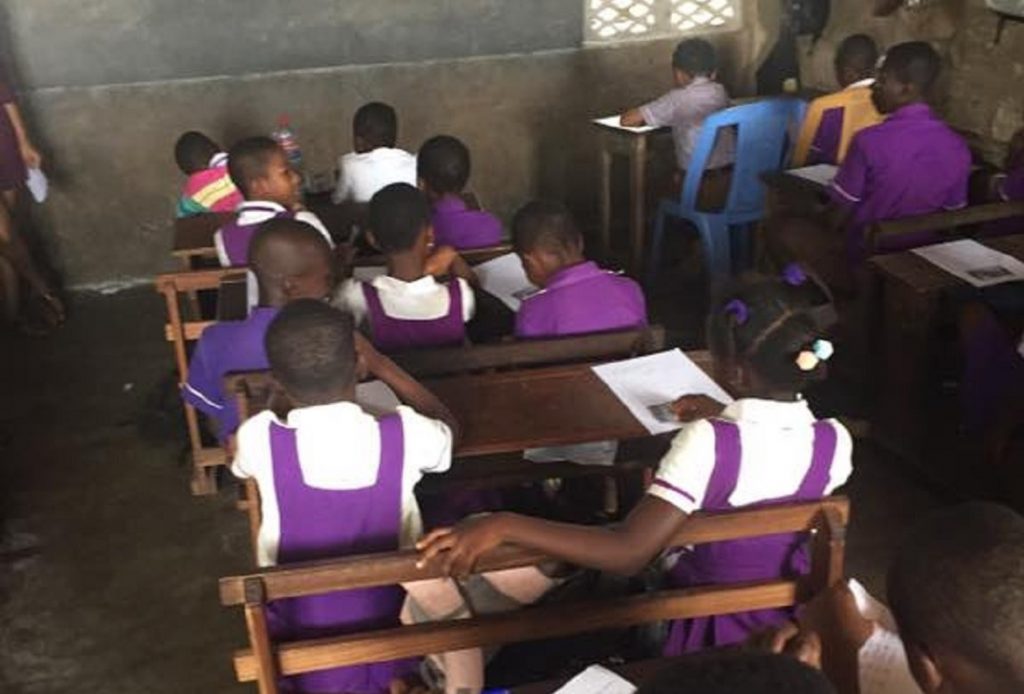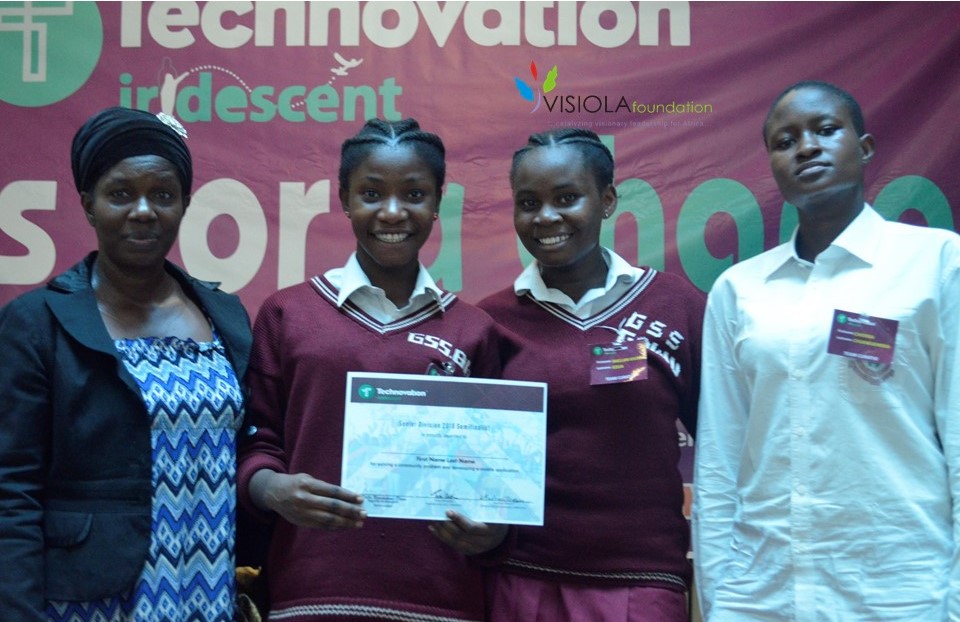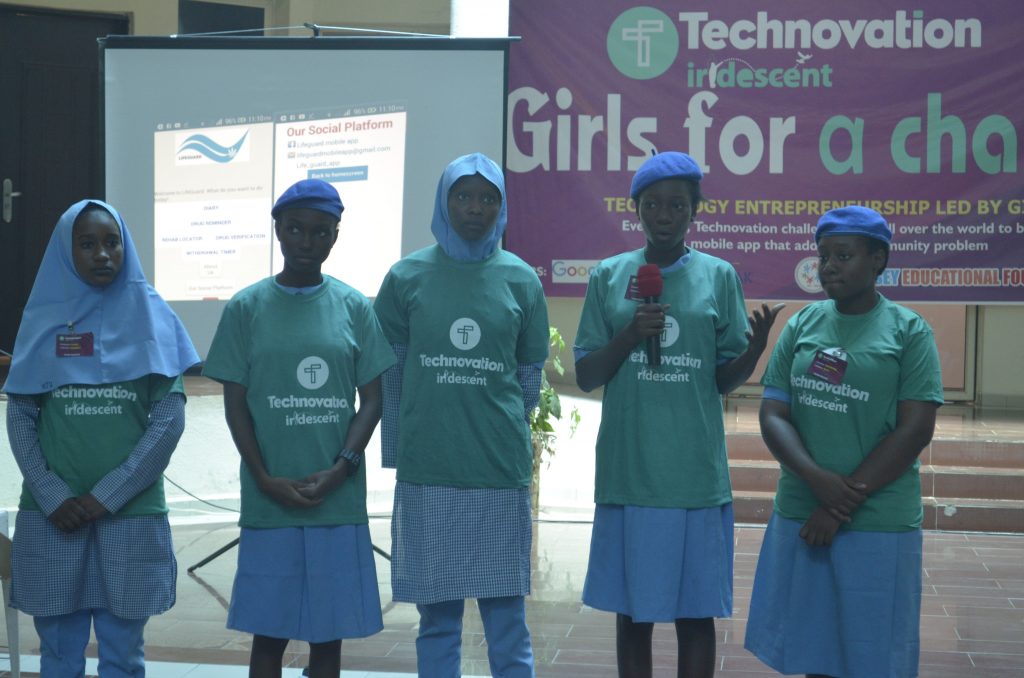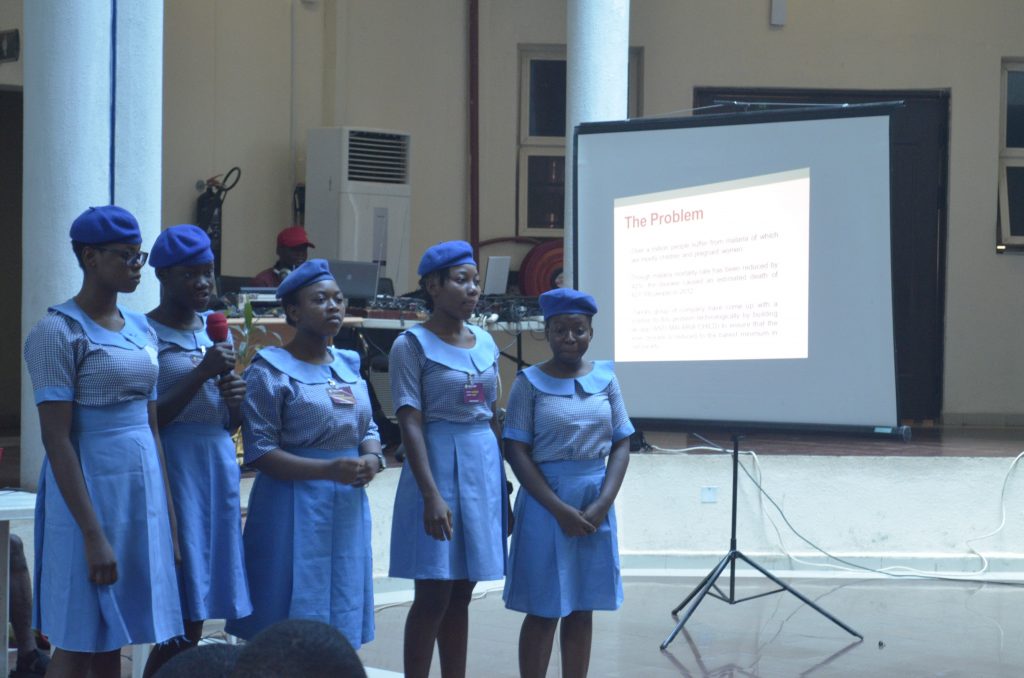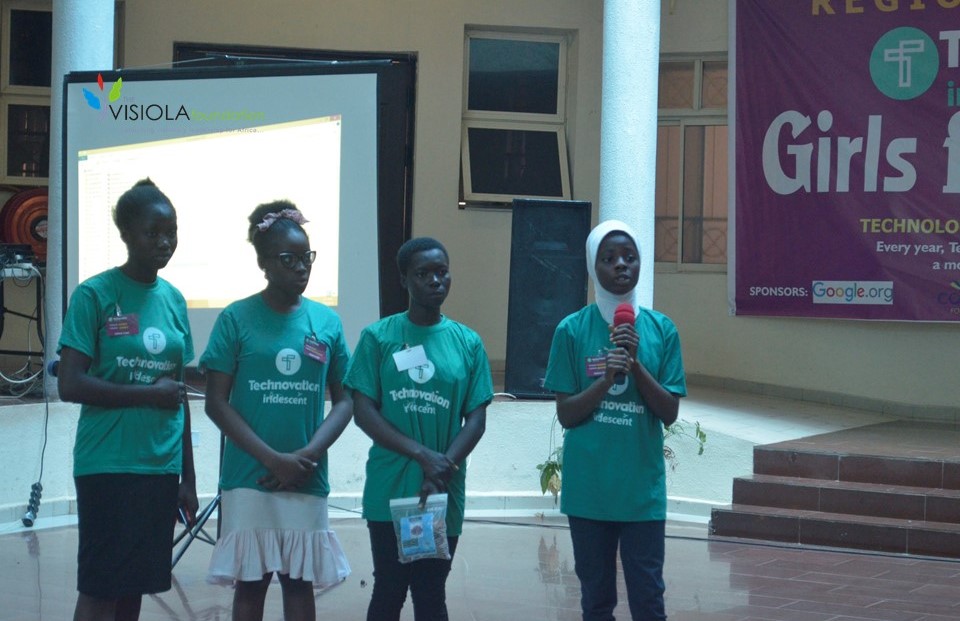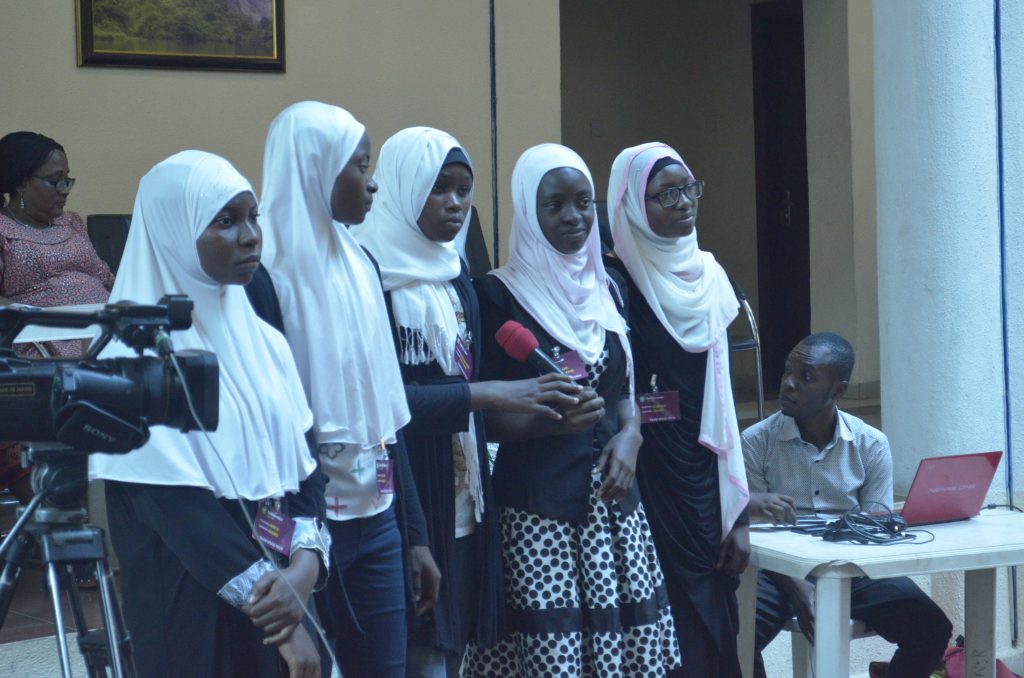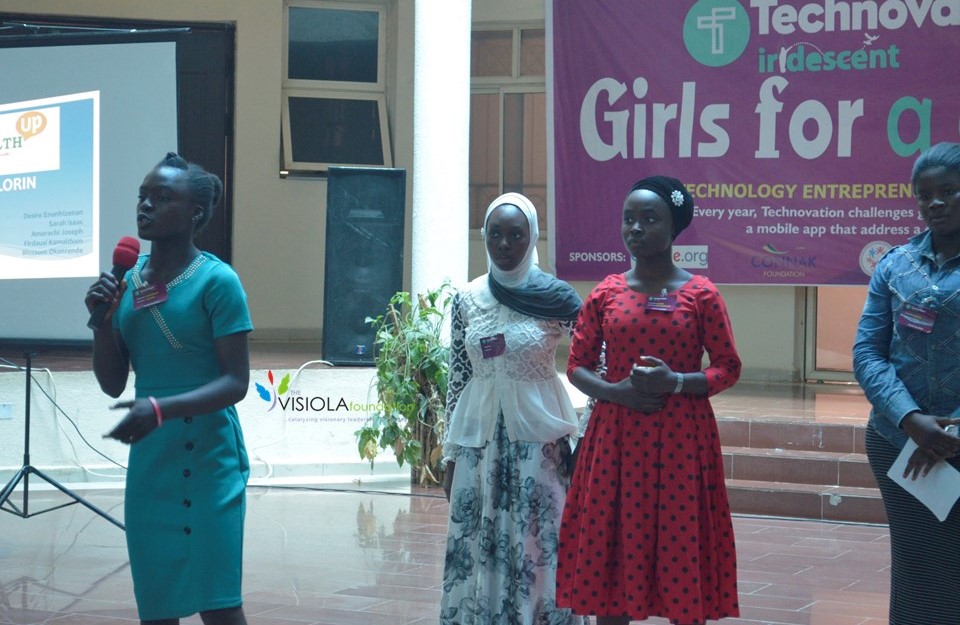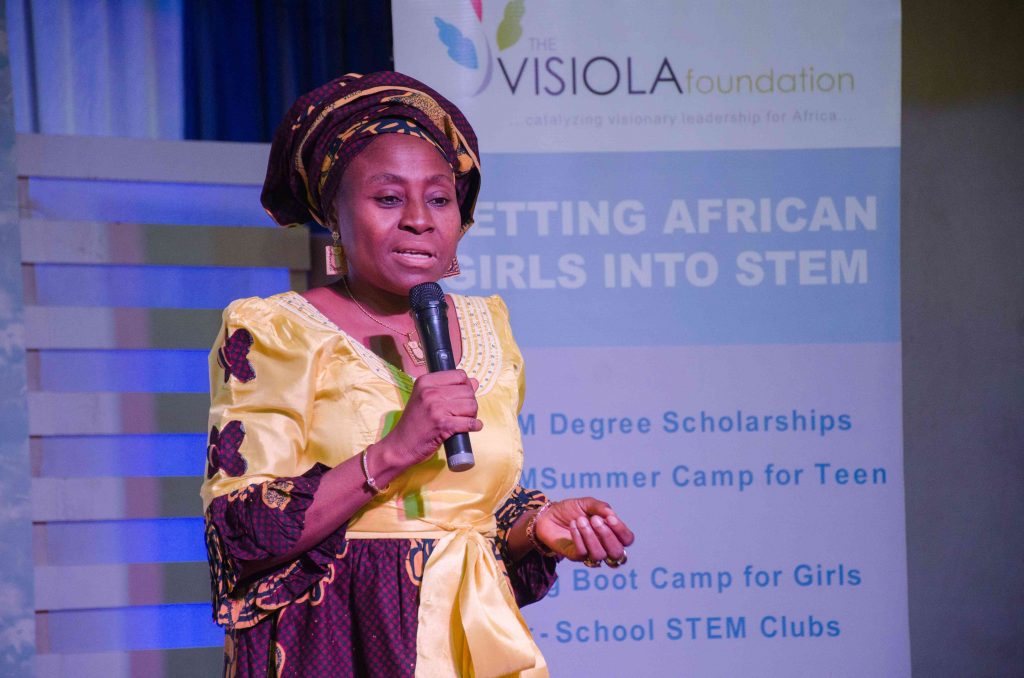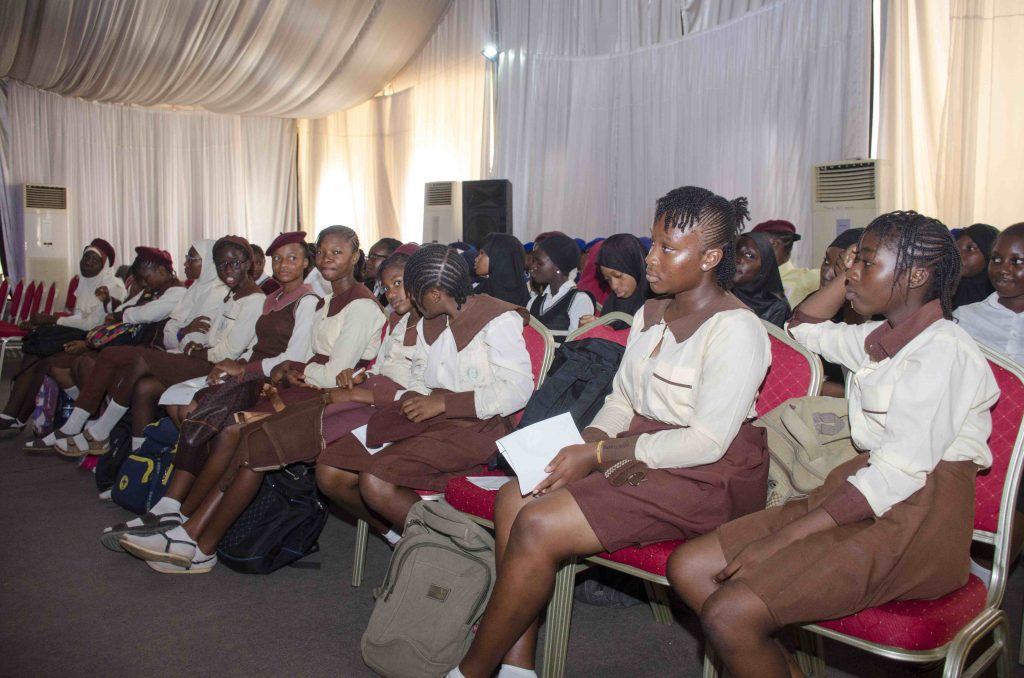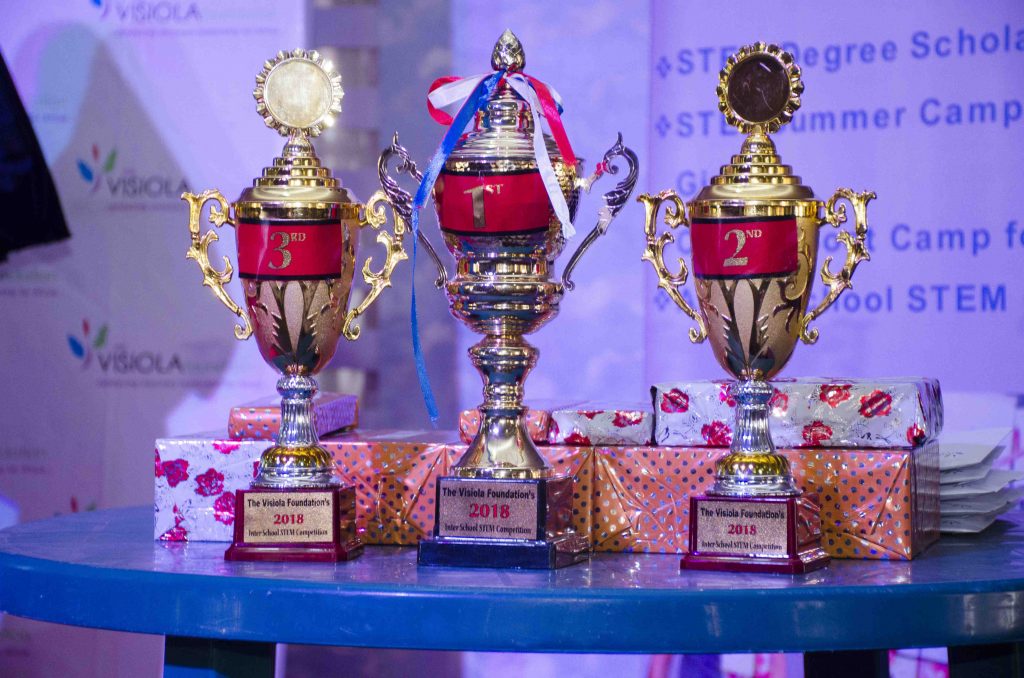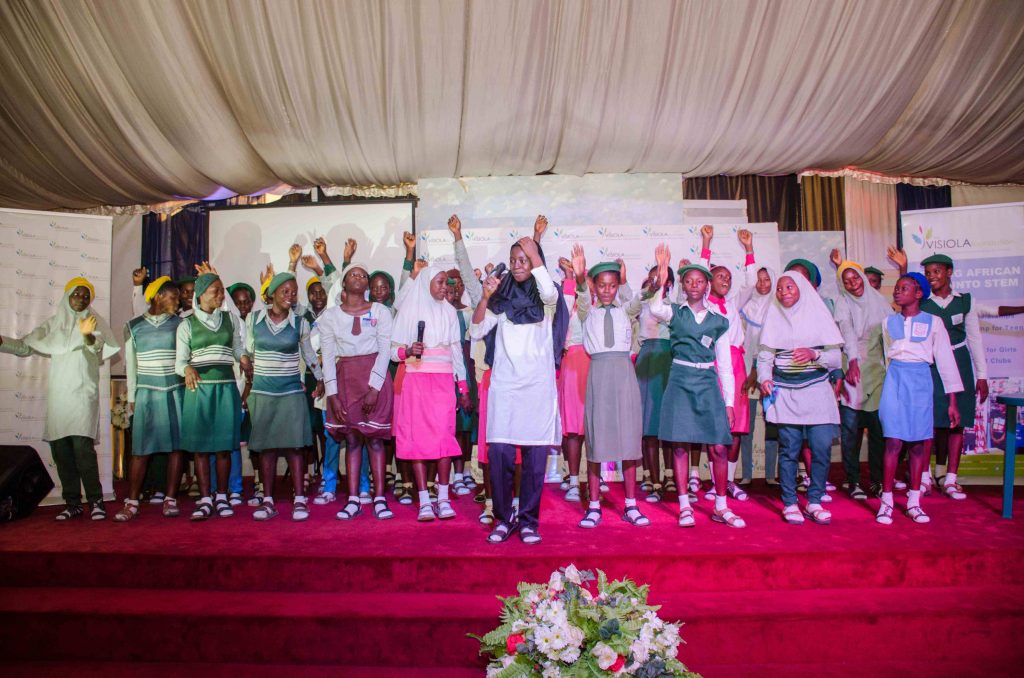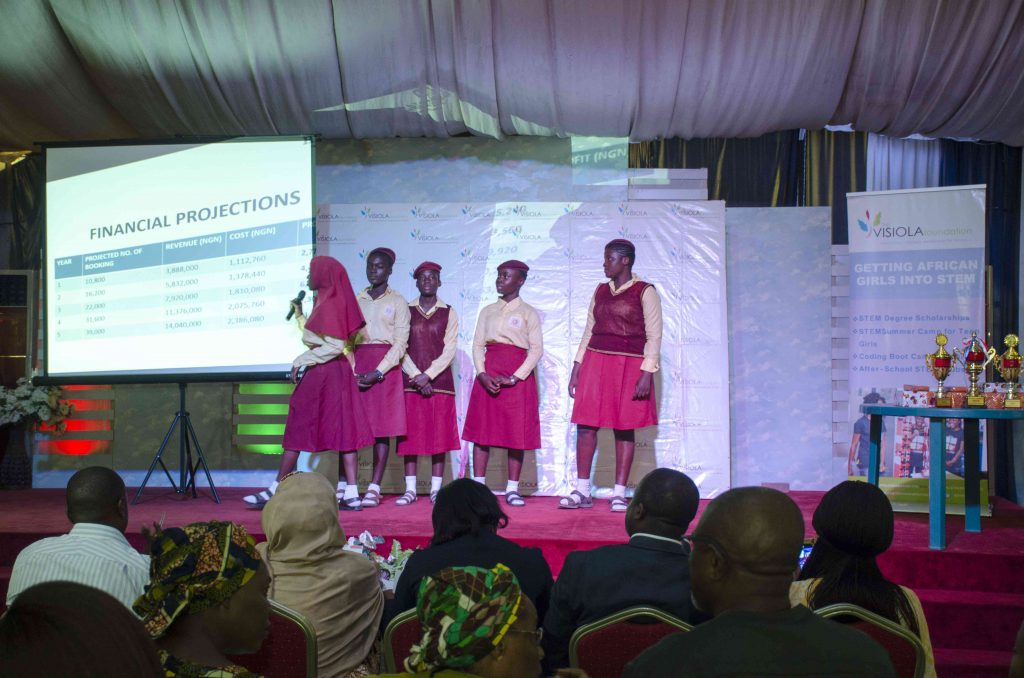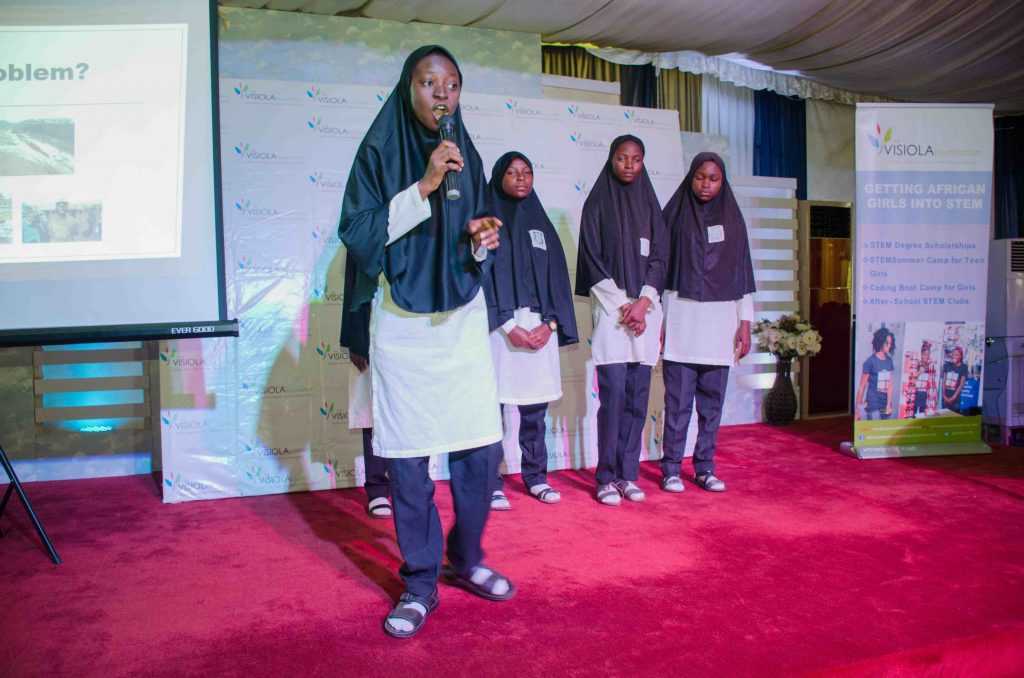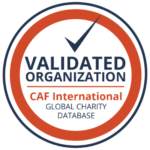the visiola foundation e-newsletter
Issue Q2, 2018
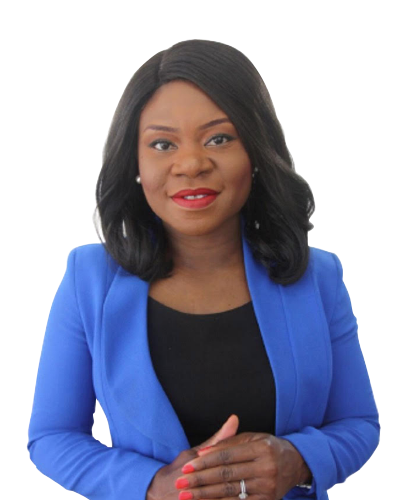
Ladé Araba
Founder and President of the Visiola Foundation
Founders' Corner
I will always remember our discussion of Intel Corporation’s decision to open its semiconductor plant in Costa Rica in 1996 as an eager MBA student at Thunderbird School of Global Management in 2003. Although the plant was closed in 2014 due to the increasingly difficult global environment in which the company operates, the case study still presents some compelling lessons. Below is a direct quote from a report published by the World Bank in 1998 and reproduced in the book, “Global Lifelong Learning in the Global Knowledge Economy: Challenges for Developing Countries.”
“In 1996 Costa Rica beat out Brazil, Chile, Indonesia, Mexico, the Philippines, and Thailand to become the site of Intel’s $300 million semiconductor assembly and test plant. Many factors made Costa Rica attractive to Intel – its stable economic and political system, its liberalized economy, a growing electronics sector, and incentives and tax breaks – but the crucial factor in securing its selection was it educated labor force.
Since 1948, when democracy was restored, Costa Rica has placed strong emphasis on education, adopting a demand-driven approach. The government invested heavily in education and technology training, and it adopted a bilingual ESL (English as Second Language) curriculum. Computers were introduced into elementary schools as early as 1988; by 1996 many schools were equipped with them.”
Research has shown that a positive correlation exists between high educational achievements, the quality of a nation’s labor force, and ultimately sustained economic growth, income generation, and development. According to Psacharopoulos and Patrinos (2002), “an additional year of schooling increases incomes by 10%, while in very poor countries it can increase incomes by 20% or more.”
As noted by Ricardo Hausmann, the renowned economist and Harvard Professor, in a 2010 study, “Countries with few capabilities will be able to make few products and will have scant benefits from accumulating any individual additional capability. By contrast, countries with many capabilities would be able to produce many new products by combining any new capability with different subsets of the capabilities they already possess.” Dr. Hausmann further explains that, “comparative advantage evolves by countries moving from existing goods to “nearby” or related goods. The ability to add products to a country’s production set largely depends on the number of capabilities present in the country.”
African countries would therefore be best served by investing in building their capabilities to strengthen economic diversification and gain a comparative advantage in key sectors that will drive job growth and income generation.
In addition, in the knowledge economy, “once countries achieve literacy rates of 40% they can accelerate economic growth by opening their economies to technology transfer.” This is what Costa Rica did; which ultimately resulted in their selection by Intel.
It perhaps also explains why a number of companies and start-ups are flocking to Rwanda. UNICEF Rwanda reports that “Rwanda is one of the top-performing countries in sub-Saharan Africa in education, having achieved Millennium Development Goal (MDG) 2 for access to Universal Primary Education, with a net enrolment rate of 97.7percent (boys: 97.3%; girls: 98%) (MINEDUC 2016). In terms of gender equality in education, Rwanda’s education system boasts the highest participation rates in East Africa as well as gender parity in net and gross enrolment at the pre-primary, primary, and secondary levels.”
The country further embarked upon an ambitious program of curriculum reform, which culminated in its transformation into a competency-based curriculum that extends from pre-primary through upper secondary school. Its vision is to transform the economy into a knowledge-based one by 2020, better equipping children with the skills and competencies they need to fully participate in its future labor market. Finally, the government’s adoption of technology and promoting innovation creates positive externalities in strengthening the quality of the tiny nation’s labor force.
Other African countries should learn from these experiences to seriously tackle the issue of human capital development. They must be dogged in pursuing real transformation in the education sector. Overhauling the existing curriculum is a crucial first step; which must be closely followed by significant improvements in the quality of instruction and in the utilization of technology and teaching aids from the early years. Moreover, the quality and number of teachers from the primary through to the tertiary levels must be strengthened, and not only in urban areas. Countries need to figure out how to deploy teachers en masse to underserved rural communities. The local governments obviously sit on the frontline in this regard.
The Visiola Foundation, through its partnership with the FCT Secondary Education Board in Nigeria, works to improve educational outcomes for students attending public schools to help them learn valuable skills, embrace technology, and become employable. Our After-School STEM Clubs for Girls (ASCG) program has worked in 15 Government Secondary Schools across the Federal Capital Territory since 2016 teaching Robotics, Science, Engineering, and Computer Programming to 950 junior and senior secondary school girls. This guiding principle also informs our diverse camps that teach girls and young women about science, technology, engineering, and math (STEM), while building their confidence and interest in the STEM fields. We focus on girls in order to bridge the wide gender gap in the STEM fields, while directly tackling the limiting cultural stereotypes and barriers.
Since 2015, the Foundation’s STEM Camps have exposed 155 teenage girls in Ghana and Nigeria to the STEM fields. Students have been taught how to code, build robots, conduct scientific experiments, and build renewable energy prototypes. Partners and sponsors have included Schneider Electric West Africa, Young Engineers Nigeria, Intel Semiconductor West Africa, and Cargill Corporation.
The Foundation’s widely publicized Coding Boot Camps and Workshops in Abuja, Enugu, Ibadan, and Lagos have taught over 160 young women how to code and build mobile applications. Students have gone on to complete internships at Quanteq Technology Ltd., while others have secured better paid, full-time jobs and freelance opportunities. The camps have been supported by tech companies, including Google Corporation and Cellulant Nigeria.
There is a lot of work to be done but with the right type of leadership focused on building human capital, countries can indeed become magnets for manufacturing as Rwanda, Costa Rica, and others have shown.
We had an exciting and transformative second quarter. Our scholars at Lead City University (LCU) continued their community projects to teach science, mathematics, and technology to high school students in poorly resourced public schools. Students in our ASCG Program qualified for the semi-finals of the Technovation Challenge Regional Pitch Competition in Nigeria. We also closed out the ASCG academic year with our inter-school competition where student teams presented mobile applications, such as “Fixit” that connects vehicle operators to expert mechanics and other car-service providers in a timely manner, and a health app that enables patients request doctors, nurses and midwives to attend to their health needs in the comfort of their homes. The projects were presented to a panel of judges from Intel West Africa, Tech Specialist Academy, Cybersecurity Experts Association of Nigeria, Abuja Electricity Distribution Company, and OTRAC Nigeria.
We hope you enjoy reading about our students’ activities during Q2.
Warm Regards,
Ladé
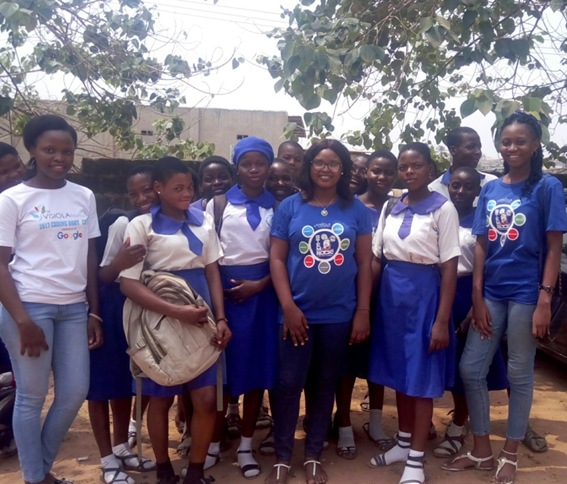
LCU Scholars mentor high school students
LCU SCHOLARS GIVE BACK TO SOCIETY
Rachael, Ayomide and Darasimi, 2014 and 2015 Visiola Foundation Scholars implemented their community project to mentor and guide secondary school students in Ibadan in choosing careers. The scholars are currently pursuing degrees in Biochemistry and Microbiology at Lead City University.
As part of their project, the scholars teach physics, chemistry, mathematics and biology in underserved public secondary schools. This is to ensure that the students have a good understanding of the concepts, while helping them identify their strengths and weaknesses. The scholars also mentor the students to determine their interests and further advise them on how to deepen their knowledge in their stated fields.
The scholars have observed that mentoring the students in public schools is life changing, as it positively impacts the students’ academic and personal goals. Regular interaction with these students has helped to give them renewed confidence to achieve success in all that they do.
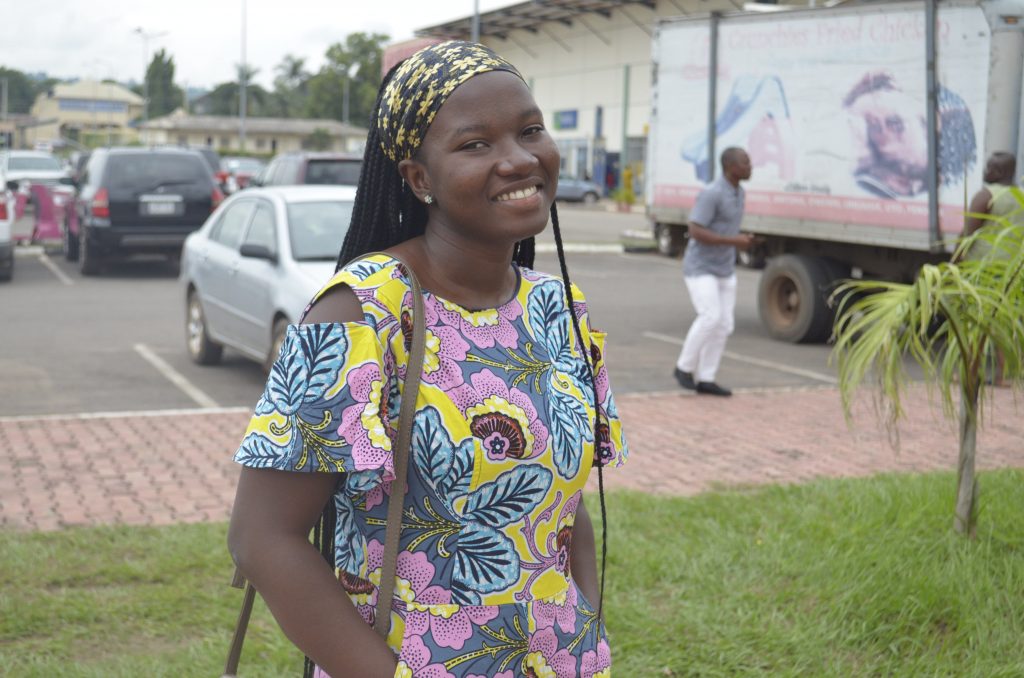
Edna speaks about her community service projects
2016 SCHOLAR, EDNA, SHARES HER COMMUNITY SERVICE PROJECTS
Edna, who is two years into her Bachelor of Science degree in Electrical Engineering at Ashesi University College in Ghana has been busy implementing community projects.
“As part of my course work at Ashesi, I was exposed to a lot of new things and diverse ways of learning. I learnt to show concern for my surroundings and undertook various projects to impart my knowledge and improve the educational outcomes of the less privileged. One of the projects I worked on in my first year was aimed at improving the reading and writing skills of primary school students and prepare a strong foundation for their development. I joined a group and we assisted in organizing reading and writing clubs (also known as ReadRight Clubs) in two primary schools in Kitase, a small community in the eastern region in Ghana.
As part of our methods, we used video, audio, games and other engaging tools to teach the students. We also organized frequent quizzes to measure our impacts on the students. By the end of the academic year, we observed significant improvement in their academic performance as their confidence level soared.
Recently, I joined the Bowey Initiative, a community-based project that seeks to provide the youth in Berekuso, Ghana, with entrepreneurial skills, personal development skills and dedicated mentorship. These initiatives have helped improved my teaching skills and I have learned to be empathetic towards my community and while working to improve their outcomes.”
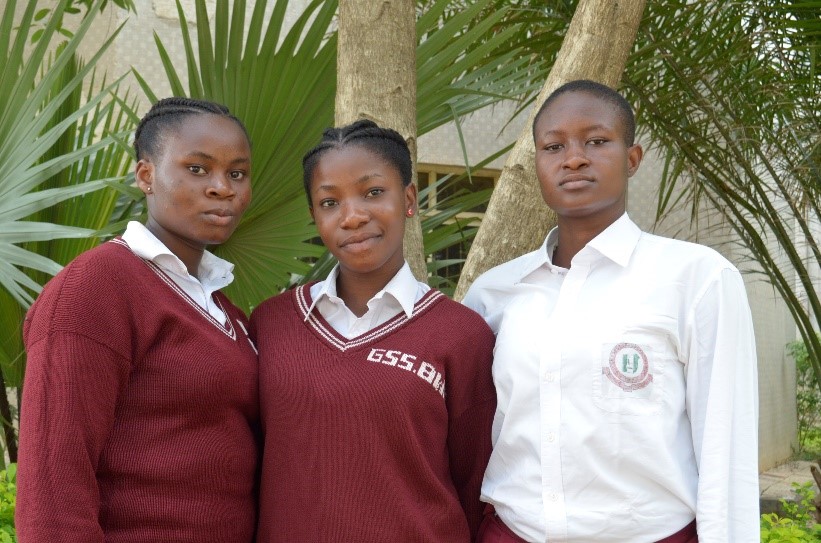
Team Curatio at the Regional Pitch Competition
ASCG STUDENT TEAM QUALIFIES FOR THE SEMIFINALS OF THE TECHNOVATION CHALLENGE REGIONAL PITCH COMPETITION
Chidera, Shellanvivian and Grace teamed up to participate in the Technovation Challenge Regional Pitch Competition on May 19th, 2018, and were selected to proceed to the semi-finals stage of the competition out 30 teams who competed in Abuja. Under the name Team Curatio, the girls developed a mobile application called Treatmentio to enable patients to book medical services at home from registered doctors and nurses in their community.
“Did you know that in 2016, the death rate in Nigeria was about 13 per 100 people? Our research showed that a large number of these people died as a result of slow and sometimes defunct emergency response service, delay, and insufficient medical facilities and equipment. In most government hospitals in Nigeria, doctors and nurses are lackadaisical in providing medical care to attend to patients. This problem affects individuals especially women, children and the aged citizens. Our research led us to interview a victim of the challenges facing the health care industry in Nigeria and she poured her heart out to us: “It has not been easy! Just
today, I had to take my son who is ill for medical attention but I waited for a very long time and nobody came to attend to us. I also wanted to see the doctor for an urgent medical checkup but could not see him. I ought to be at work now but I have completely wasted my day. I am very tired of this whole situation and I wished something could be done about it!”
Hence, we developed a mobile application that will enable patients to receive medical attention in the comfort of their homes and remove the associated stress of waiting for a doctor or emergency response service.”
The girls hope to develop their application further after the competition and launch it in Nigeria to address the slow response to emergency situations and inadequate medical facilities in hospitals.
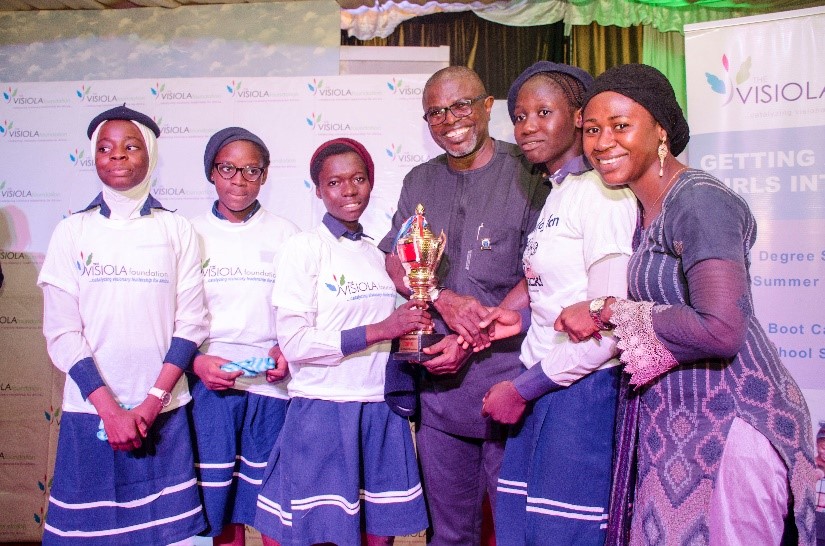
ASCG Competition: Winning Team
AFTER-SCHOOL STEM CLUBS FOR GIRLS (ASCG) INTER-SCHOOL COMPETITION
We held our annual end-of-year inter-school competition on Wednesday, June 13, 2018 to close out the 2017-2018 After-School STEM Clubs for Girls (ASCG) Program. The program focused on Robotics and Mobile App Development. Students were also coached to identify pain points in their communities and develop solutions to them. This targeted approach aimed at inspiring a degree of responsibility in the students to view challenges in their locality as opportunities to explore and use mobile technology and robotics to create lasting value.
The students learnt how to build robots and mobile applications as they were tasked to develop mobile technology solutions. These activities are helping to strengthen the theories they are learning in their mathematics and physics classes. They are further learning how to think analytically, solve problems creatively, and work in teams. The inter-school competition allowed students in the ASCG program to showcase their newly acquired skills in mobile programming.
In his Keynote Address, Mr. Sunny Monidafe, Acting Chairman of the Federal Capital Territory (FCT) Secondary Education Board (SEB) said the importance of STEM in solving problems cannot be overemphasized, hence the Board’s readiness to collaborate with the Visiola Foundation to enhance teaching and learning in Government Secondary Schools.
Mr. Moniedafe explained that the work of the Foundation will bring out the students’ innate abilities and develop their logical, analytical and reasoning skills which will enhance their academic performance. He added that the STEM program helps to strengthen girls’ technological competence for entrepreneurship and self-reliance, thereby adding value to the nation’s economic development.
In her goodwill message, Mrs. Nanre Emeje, Secretary and Acting Director (SEB) advised the girls to focus on their God-given talents and engage in relevant research that will further enhance their abilities for greater success.
The Visiola Foundation worked with 530 students from 15 Government Secondary Schools in the Federal Capital Territory in the 2017/2018 academic year.
did you know
Of the 20 countries with the highest maternal mortality ratios worldwide, 19 are in Africa; and the region has the highest neonatal death rate in the world.
Half of the african population lives in poverty. 47% of the African population is living on on $1.90 or less a day.
If women had the same resources as men, farm yields could increase 20-30% and reduce hunger 12-17% in developing countries.
Literacy among 15 to 24 year-old sub-Saharan women increased more than 10% between 2000 and 2016.
One in four people in the sub-Saharan region are malnourished. This is the highest amount of hungry people in the world.
Only 5% of the extension services in Africa are available to women.
In 2012, Africa represents 7% of the world’s internet users.
57.9% of Nigeria’s web traffic is via mobile compared to the 10% world average.
Only 58% of people living in sub-Saharan Africa have access to safe water supplies.
Source: Mo Ibrahim Foundation 2018; WNO 2018; BBC 2018; FAO 2011; Internetworldstats.com; Techtalkafrica.com
